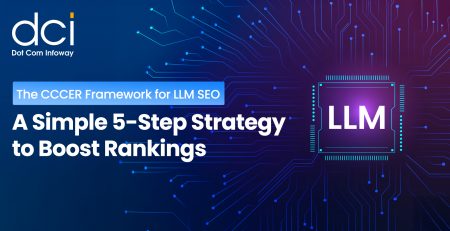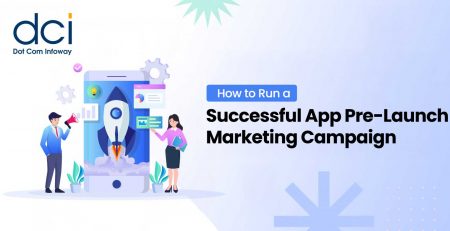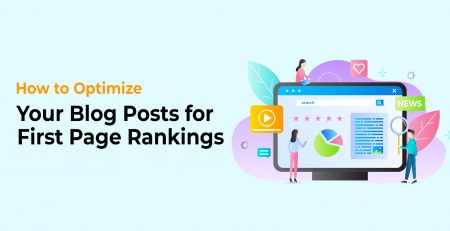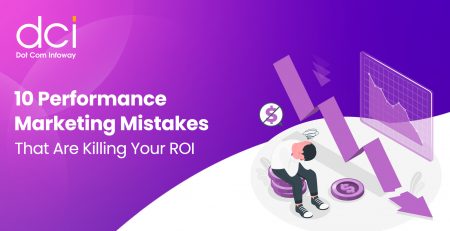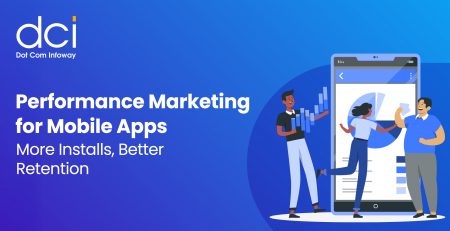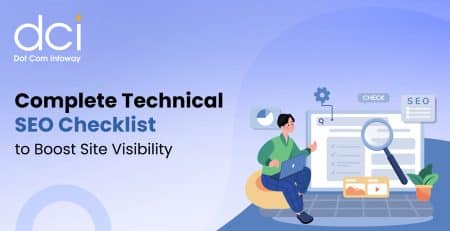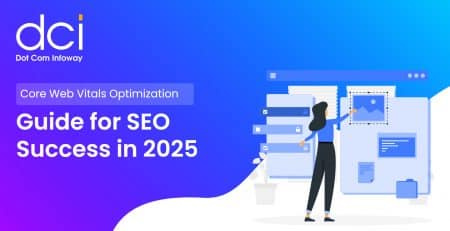Generative AI Tools for SEO in 2025: Transforming Automation & Content Creation
In the ever-evolving world of digital marketing, staying ahead of the curve is critical. As 2025 unfolds, generative AI tools for SEO are becoming the linchpin for businesses striving to optimize their online visibility. From automating repetitive tasks to crafting human-like, engaging content, these advanced AI solutions are rewriting the rulebook for search engine optimization. This blog delves into how generative AI tools are reshaping SEO practices, making them more efficient, scalable, and effective in an increasingly competitive landscape. Whether you’re a seasoned marketer or a curious beginner, you’re about to discover actionable insights and transformative trends that will define SEO success in 2025.
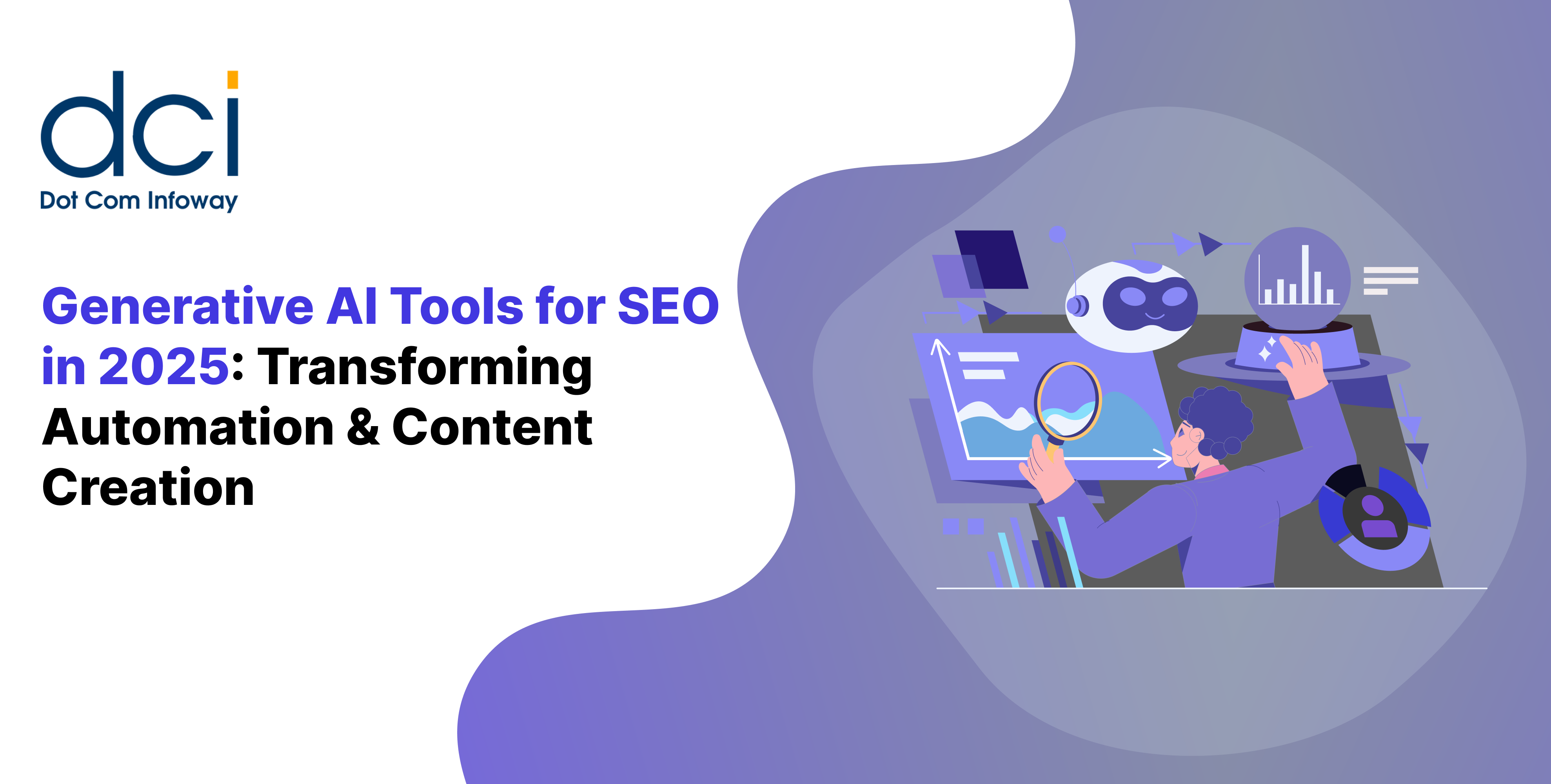
Introduction to Generative AI and Its Role in SEO
Generative AI is no longer a buzzword; it’s now a practical tool transforming industries everywhere. In SEO, the integration of generative AI tools has been nothing short of game-changing. But what exactly is generative AI? At its core, generative AI refers to artificial intelligence systems capable of creating new content, such as text, images, or even code, using sophisticated algorithms and machine learning models. For SEO, this means automated content generation, hyper-personalization, and intelligent keyword optimization—all tailored to meet ever-changing search engine algorithms. These tools help businesses save time, boost accuracy, and create content aligned with user intent.
The importance of these tools becomes even more apparent when considering Google’s evolving ranking factors, which prioritize high-quality, user-focused content. As search engines grow smarter, marketers need innovative solutions to bridge the gap between human creativity and algorithmic requirements. Generative AI tools fill this void by combining automation with a nuanced understanding of audience needs.
Why Generative AI Tools Are Essential for SEO in 2025
In 2025, the competitive digital landscape demands more than just basic SEO practices. Traditional strategies like keyword stuffing or manual data analysis are no longer sufficient. Generative AI tools offer a cutting-edge alternative, enabling marketers to create value-driven content while reducing the workload. These tools are particularly vital for businesses looking to:
- Generate large volumes of content without compromising quality.
- Stay on top of real-time keyword trends and search engine updates.
- Personalize user experiences through predictive analytics and content recommendations.
- Save time by automating tedious tasks such as meta tag creation and internal linking.
Furthermore, generative AI tools help align content with E-A-T (Expertise, Authority, and Trustworthiness), a principle that Google emphasizes to ensure users receive credible and relevant information. By embedding data-backed insights into the content creation process, AI tools elevate the quality and relevance of online materials, resulting in better rankings and user engagement.
How Generative AI Tools Revolutionize Content Creation
Creating high-ranking content has always been a cornerstone of effective SEO strategies. Generative AI tools redefine content creation by combining creativity with automation. These tools utilize natural language processing (NLP) and machine learning to craft blog posts, product descriptions, and even ad copy that mimic human writing styles. The result? Content that is not only optimized for search engines but also resonates with readers.
Take ChatGPT, for instance. It can generate entire blog drafts within minutes, complete with relevant keywords and a conversational tone. Similarly, Jasper AI offers tailored writing suggestions based on specific audience demographics and SEO requirements. The ability to produce such content at scale allows marketers to maintain a consistent online presence, a critical factor for improving domain authority and search rankings.
Another key feature of generative AI tools is their ability to analyze existing content and identify gaps. For example, tools like Clearscope and MarketMuse assess the performance of published materials and recommend improvements to align with target keywords and user intent. This ensures that every piece of content is strategically designed to attract and retain visitors.

Ready to level up your mobile game UI design?
Don’t overlook the power of aesthetics and user experience! Hire our UI/UX Service Providers to ensure your game captures the hearts of gamers.
Automating On-Page SEO with Generative AI
Optimizing on-page elements such as meta tags, headings, and alt texts is essential for SEO success. Generative AI tools simplify this process by automating these tasks while ensuring compliance with best practices. Platforms like Surfer SEO and Frase analyze top-performing pages and recommend keyword placement, structure, and readability.
For instance, instead of manually crafting meta descriptions, generative AI tools can create compelling summaries that align with both search engine requirements and user expectations. Similarly, these tools can optimize internal linking strategies, suggesting links to relevant pages within your website to improve crawlability and user experience.
Additionally, AI-powered platforms can analyze user behavior data to refine on-page elements over time. By studying metrics such as click-through rates (CTR) and bounce rates, these tools continuously improve the relevance and effectiveness of your SEO efforts.
Enhancing Keyword Research with AI-Driven Insights
Keyword research remains a fundamental aspect of SEO, but the methods have evolved significantly. Generative AI tools are now equipped to conduct in-depth keyword analysis by processing vast amounts of data in seconds. AI tools consider search intent, user behavior, and relevance, making keyword research more holistic than traditional methods.
For example, tools like SEMrush and Ahrefs have incorporated generative AI to identify long-tail keywords that are both low-competition and high-conversion. These insights help marketers target niche audiences and achieve better ROI on their SEO campaigns. Moreover, AI-powered tools can predict emerging keyword trends, allowing businesses to stay ahead of their competitors.
By integrating generative AI into keyword research, marketers can ensure their content remains aligned with user needs and search engine algorithms. This not only improves rankings but also enhances the overall user experience.
Optimizing Technical SEO with AI Tools
Technical SEO is often overlooked but plays a crucial role in website performance. Generative AI tools are now capable of automating technical SEO audits, identifying issues such as broken links, slow page speeds, and indexing errors. Tools like DeepCrawl and Screaming Frog use AI algorithms to scan websites and generate detailed reports, making it easier for marketers to resolve technical issues efficiently.
In addition to audits, generative AI can optimize website architecture by recommending improvements to site navigation and URL structures. AI tools suggest canonical tags to fix duplicate content or optimize XML sitemaps for better crawling. These enhancements contribute to a seamless user experience, which is essential for retaining visitors and improving search engine rankings.
Personalizing User Experiences with AI-Driven Content
One of the most significant benefits of generative AI tools is their ability to deliver personalized content experiences. By analyzing user data such as browsing history, preferences, and behavior, AI tools can create tailored recommendations that resonate with individual users. This level of personalization not only improves engagement but also increases the likelihood of conversions.
For example, ecommerce platforms can use generative AI to generate dynamic product descriptions based on user preferences. Similarly, content marketers can create segmented email campaigns with AI-generated subject lines and body text that cater to specific audience segments. The ability to deliver such hyper-targeted content gives businesses a competitive edge in a crowded digital marketplace.
The Future of SEO with Generative AI Tools
As we look toward the future, it’s clear that generative AI will continue to play a pivotal role in SEO. With advancements in machine learning and natural language processing, these tools will become even more sophisticated, offering capabilities that go beyond content creation and optimization. For example, AI tools could potentially predict algorithm updates, enabling marketers to stay ahead of changes and adapt their strategies proactively.
Moreover, the integration of generative AI with emerging technologies like voice search and augmented reality will open new doors for SEO innovation. Businesses that embrace these tools early will not only improve their search rankings but also establish themselves as leaders in their industries.
Conclusion
Generative AI tools for SEO in 2025 are reshaping the digital marketing landscape by making automation smarter, content creation faster, and optimization more strategic. By embracing these tools, businesses can not only stay competitive but also thrive in an ever-changing online environment. The key lies in understanding how to integrate these technologies effectively and leveraging their potential to deliver value to both users and search engines.

